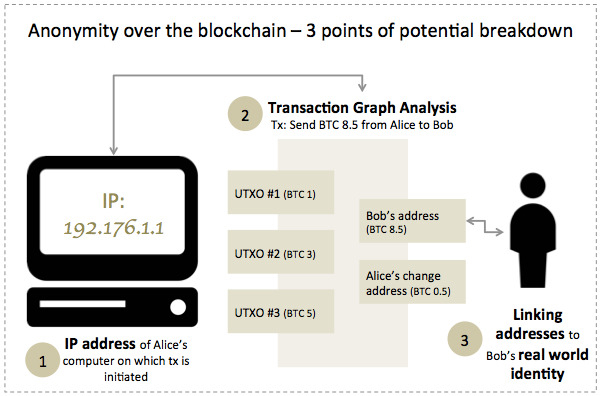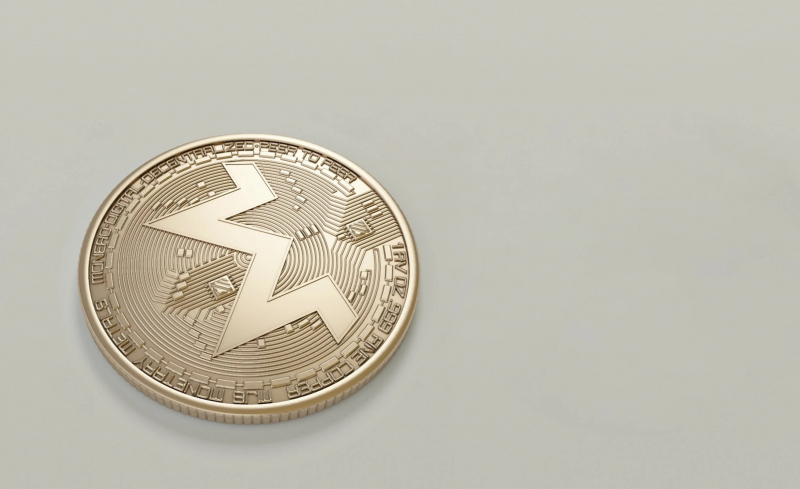Stealth Addresses - Best For Anonymous Addresses
Stealth addresses employ cryptographic methods to augment the confidentiality and anonymity of cryptocurrency transactions, specifically those involving anonymous crypto transactions. These are one-time wallet addresses used in transactions instead of your real wallet address. These addresses are predominantly linked to privacy-centric cryptocurrencies such as Monero.
When you make a transaction using a stealth address, a one-time unique address is generated specifically for that transaction. This address is derived from the recipient's public key and additional random data. The sender uses this stealth address to transfer funds to the recipient.
The key feature of stealth addresses is that they prevent linkage between the sender's address and the recipient's address on the blockchain. When a transaction occurs, it is recorded on the blockchain, but the stealth address ensures that the recipient's actual address is not publicly visible. Instead, the recipient uses a private key to scan the blockchain and identify transactions addressed to them.
By utilizing stealth addresses, the privacy of both the sender and recipient is enhanced. Even if someone analyzes the blockchain, they cannot easily determine the recipient's actual address or link multiple transactions to the same recipient.
It's worth noting that stealthy addresses are just one component of a comprehensive privacy system. Privacy-focused cryptocurrencies like Monero employ additional techniques such as ring signatures, confidential transactions, and decoy outputs to provide a high level of privacy and anonymity for users.
Pros:
- Enhanced privacy
- Improved anonymity
- Protection against address reuse
- User control over sharing addresses
Cons:
- Complexity and usability
- Reduced compatibility
- Potential privacy leakages
- Adoption challenges








